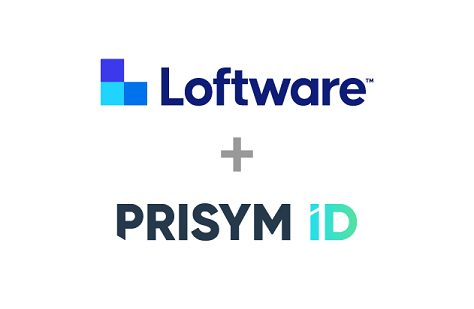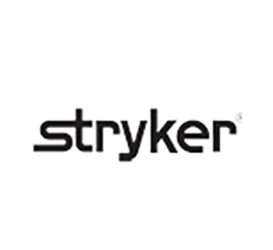

Healthcare cannot remain reactive to dealing with cybersecurity risks. We must take a new, proactive approach to protecting our users, and our systems must prioritize reducing the extent of reliance on users against unknown threats.

Healthcare cannot remain reactive to dealing with cybersecurity risks. We must take a new, proactive approach to protecting our users, and our systems must prioritize reducing the extent of reliance on users against unknown threats.

As more healthcare activities take place from home, passive continuous monitoring solutions and new technology such as artificial intelligence will be critical to communications between providers and patients. In addition, new solutions that offer overnight monitoring will play a crucial role in helping to fill the gaps, particularly in assessing patient deterioration or changes in health conditions. The pandemic has forever changed the trajectory of healthcare and specifically virtual care.

Increasing demand for custom surgical implants and growing investment in R&D will help the sector experience significant growth over the next five years.

Opportunities for intelligent computer systems span widely, including extensive use in medical science. Artificial intelligence enhances cognition analysis of complex health issues and improves the diagnoses. However, there are still some challenges in terms of data quality, regulations, market penetration and adaptation.

Clinical Trials Labeling and Regulated Content Management Added to Cloud-Based Platform

“The deal will help Stryker significantly accelerate [its] digital aspirations to improve the lives of caregivers and patients,” according to company Chair and CEO Kevin Lobo.

The center is also hoping to move back into more normal review timelines next year.

The agency is encouraging medical device manufacturers to evaluate their risk and take action to remediate any vulnerability.

Enter Killware. As cyberattacks continue to increase in healthcare, medtech companies need to make sure their essential software is up to date. This Q&A with Brian Wrozek of Optiv Security takes a look at how medtech companies and healthcare organizations can address this threat.

EU regulations require manufacturers of medical devices and systems prove the single-fault safety of their products. However, it is not clearly defined in detail how to comply with these requirements. This article explains which technical and legal requirements apply and which aspects should be considered during development.